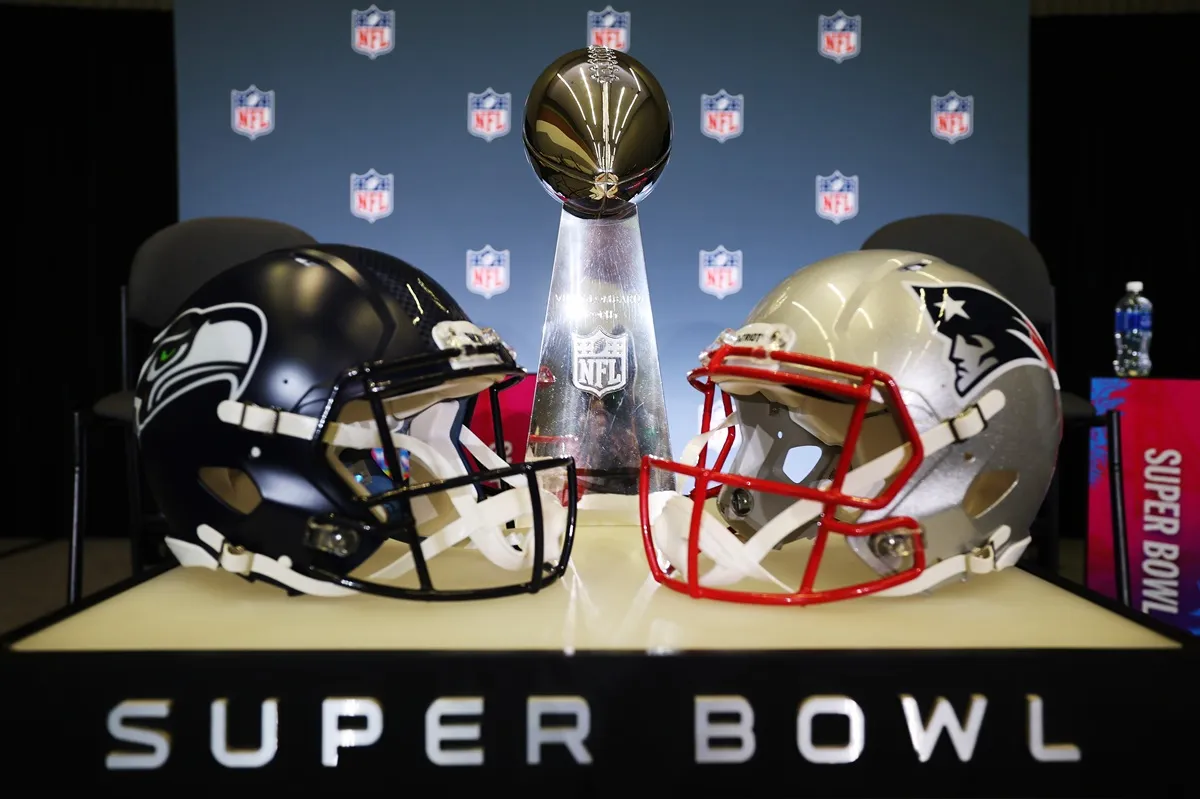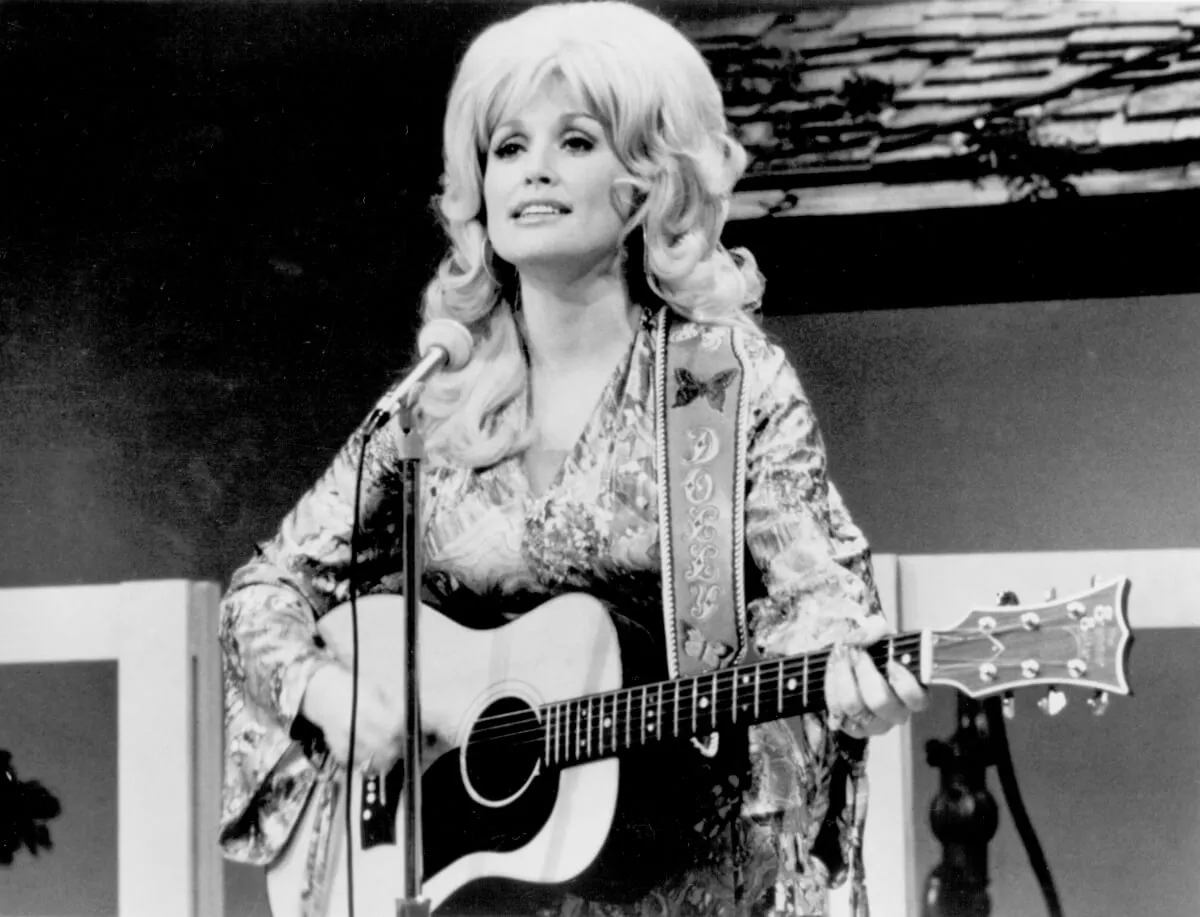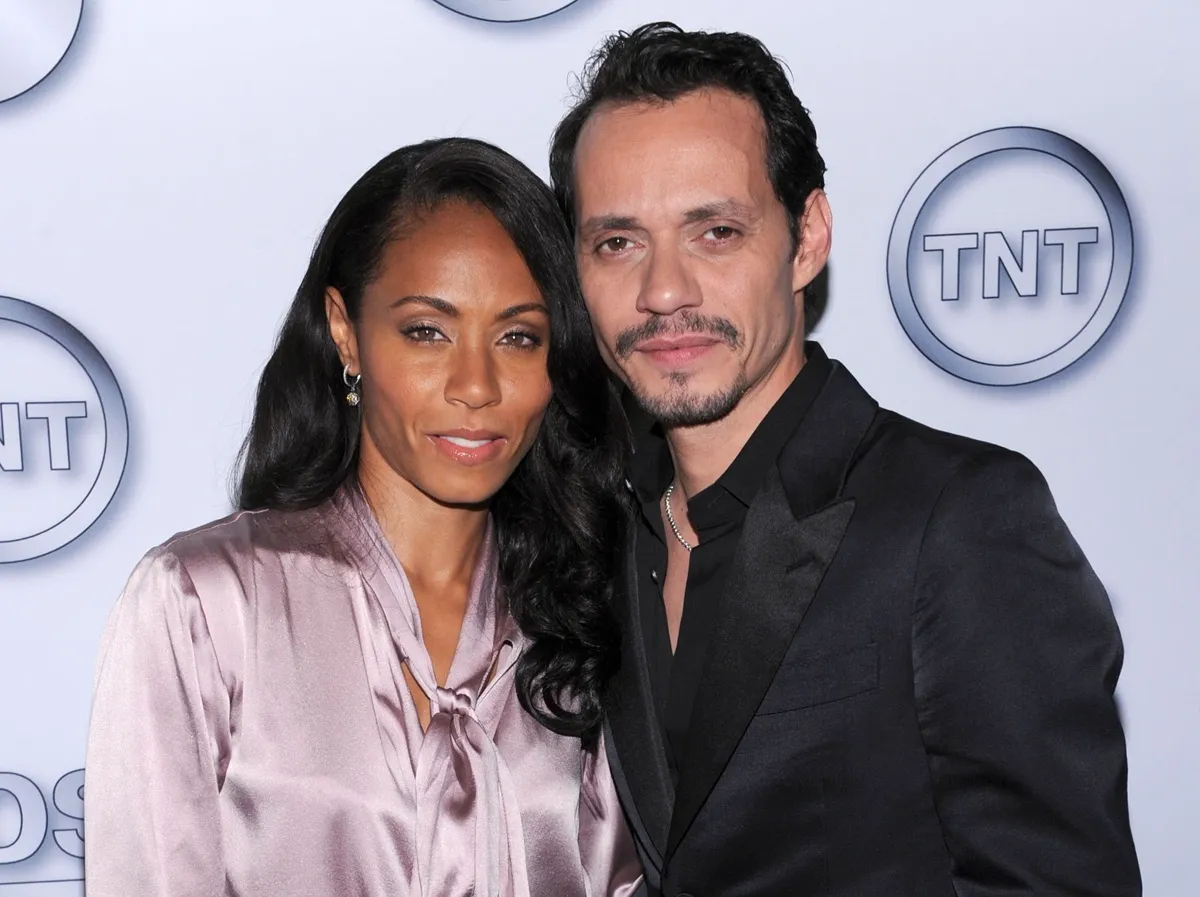What John Lennon Hated About the British Press
Imagine, if you can, a storied British institution under siege. After years of joy and prosperity, the institution faces a challenge from an outsider — a foreigner — with the potential to topple the colossus.
That might sound like the saga of Meghan Markle and Prince Harry in recent years, but it’s only the latest example. Fifty years earlier, John Lennon and his soon-to-be wife Yoko Ono dealt with a similar reaction from the British tabloid press during the latter days of The Beatles.
After a couple years of that treatment, John and Yoko did what they had to do — they left England for good. If you read what John said about the British press, it isn’t hard to see how he came to that decision.
John said the British press treated him and Yoko ‘like children’
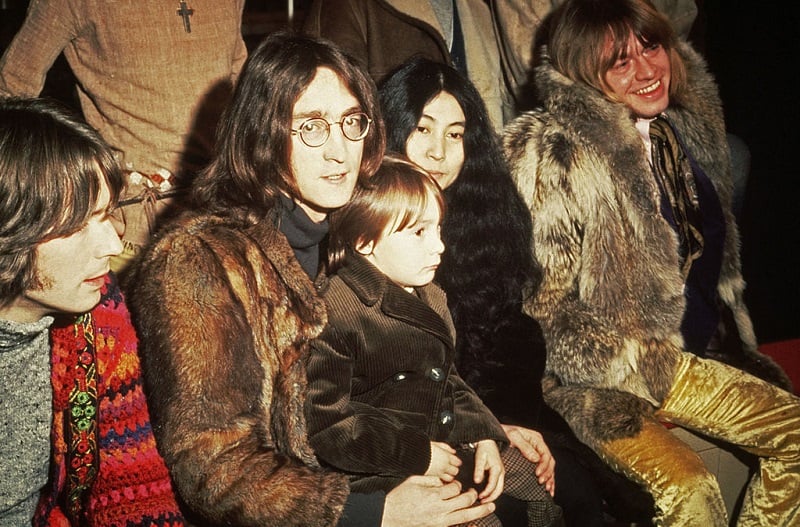
When John divorced his wife Cynthia to be with Yoko in 1968, the public’s reaction was incredibly harsh at times. John described getting racist letters from army English personnel who warned him that this Japanese woman would slit his throat. (The memories of World War II remained fresh.)
After several months of this sort of treatment (in and out of the press), John and Yoko decided to get married. The marriage took place in March ’69 and John wrote a No. 1 song that commemorated the events. Knowing the press would be all over them, they decided to stage their bed-in for peace.
That’s how the two spent their honeymoon: in bed in the Amsterdam Hilton, talking to the press and other visitors for a week. Afterward, they did the same thing in Montreal. According to Beatles press agent Derek Taylor, the really negative press began at that point.
“There was a ‘get The Beatles’ type of thing going on,” Taylor said in Anthology. “There was a lot of abuse and a lot of praise. The American media tended to be more generous. But the day-to-day press in England by and large thought John and Yoko were crackers.”
John agreed with that assessment. “In Britain, the press treat us like children,” he said. “‘We’re not having that middle-aged Beatle lecture us on peace,’ [they’d say].”
John said he was a ‘guy who got lucky and won the pools’ to British reporters
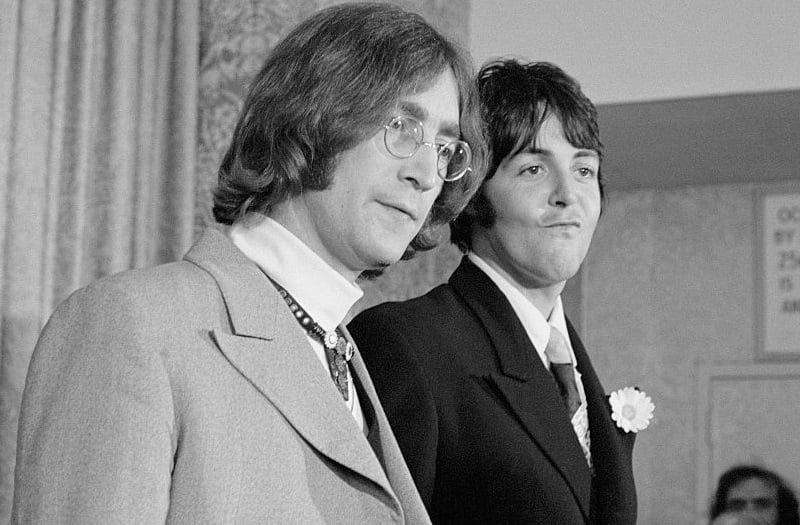
During their bed-ins, John and Yoko would meet the press for eight hours a day (or more). Taylor believed those intense rounds of interaction took its toll on their relationship with the media. “John and Yoko got involved in so many causes [around that time] that the press just got John and Yoko fatigue.”
John spoke of how British reporters would condescend to him. “‘Philosophy isn’t his forte,'” he paraphrased the press saying in Anthology. “As if politicians and journalists have some super gift from God that gave them their wisdom.” (Lines like these hint at why John remains so revered.)
In the end, John got fed up with what he heard from British reporters (and saw written in their articles). He said that, to the press, “I’m the guy who got lucky and won the [lottery]. Yoko’s the Hawaiian who married the guy who got lucky and won the [lottery]. In America we’re artists.”
Also see: Why Ringo Preferred Playing John Lennon Songs Over Paul McCartney’s in His Beatles Days
